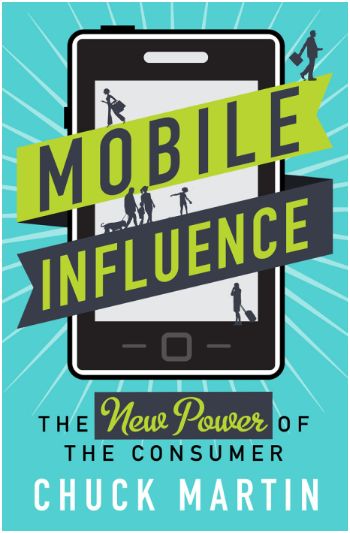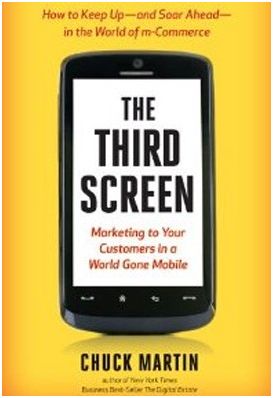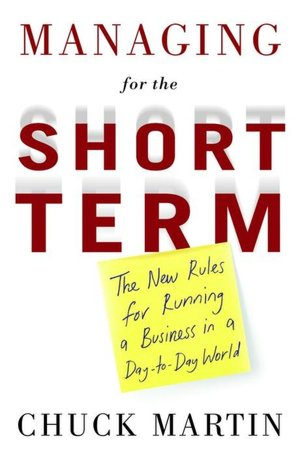
The COVID-19 pandemic is spurring a range of tech-driven innovations, ranging from adaptations to new creations.
For retailers, Indyme created SmartDome, a device intended to make shoppers aware of social distancing while they shop.
SmartDome resembles a security camera typically seen in stores, though it operates differently.
When it detects people within a monitored area, it announces a message, such as “For your safety, please maintain at least six feet of social distance.”
In addition to retail, KC Wearable introduced a smart helmet for fast-screening of fevers in public spaces to detect COVID-19.
The KC Wearable Smart Helmet allows the user to monitor the temperatures of up to 13 people at any one time. About 200 people a minute could be scanned, according to the company.
“The KC Helmet is helping Chinese officials detect individuals with Covid-19, allowing China to open up again after lockdown,” a company spokesperson told me.
The idea is for professionals like police, hospital workers or building managers to wear the helmets to identify people coming and going, as detailed in a company video.
Orders already have been placed in the U.S. and Italy, according to the company.
Voice assistants also are being modified to include helpful consumer information relating to the virus.
Using the Centers for Disease Control and Prevention (CDC) guidance, Amazon lets consumers use voice to check their risk level for COVID-19 by answering Alexa’s questions.
Based on the responses, Alexa provides CDC guidance given the risk level and symptoms.
There are numerous other activities. Here’s a sampling:
- Google’s Verily is developing a small temperature patch that can be worn on the body and transmit data to a phone, providing timely notification of a fever.
- Mobile app Wildfire, popular with college students, launched Coronavirus Alerts for Cities, a free service that sends local alerts about COVID-19 exclusively from verified local news outlets and government sources based on location.
- Researchers at the University of California are studying whether data from Oura smart rings can catch increases in temperature or heart rate that may signal the virus.
- Clarstep created a chatbot-based COVID-19 screener that features symptom checking, with information relating to potential exposure to the virus
Tech innovation follows the market.










